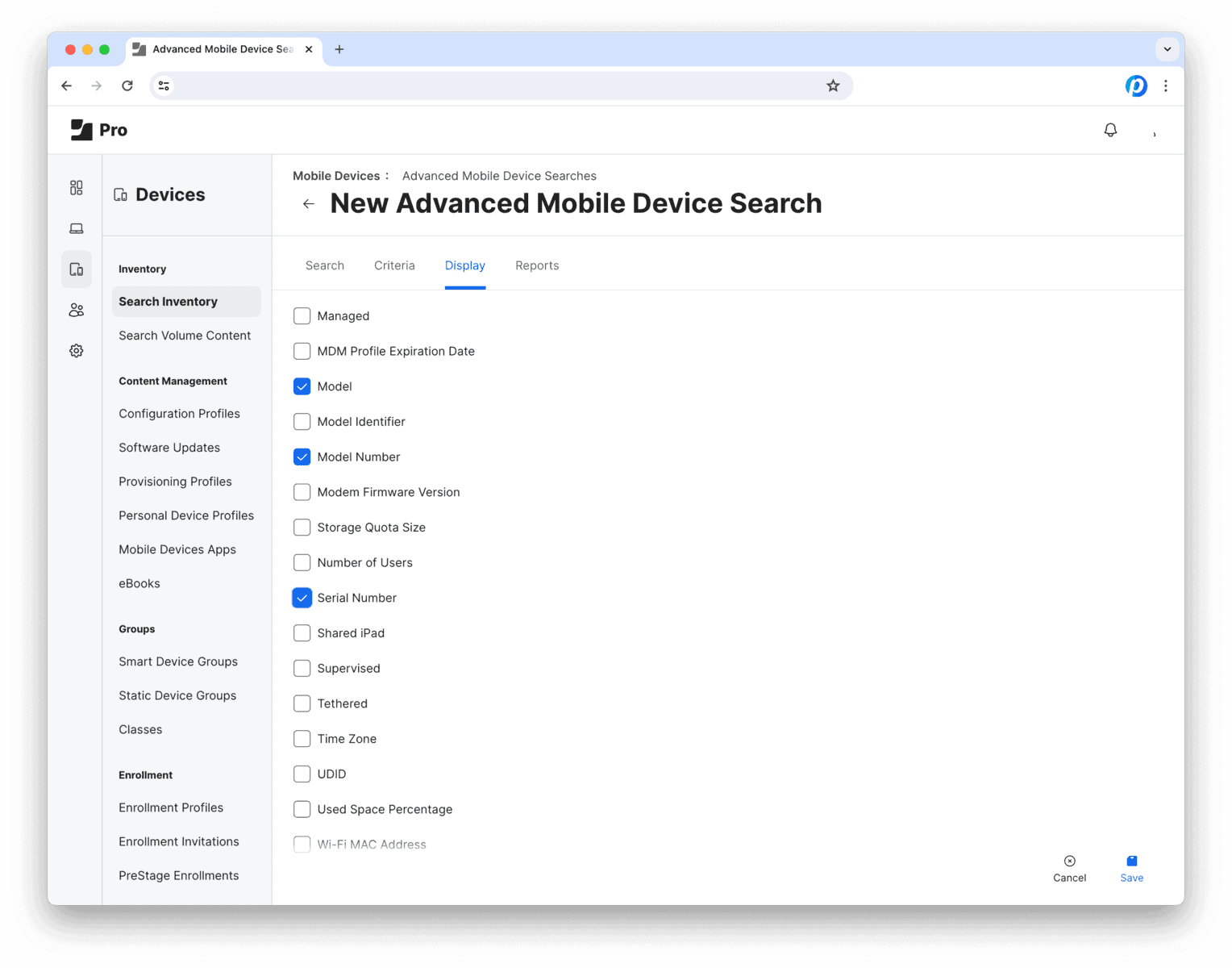The typical American spends more than three hours a day on their smartphones, not including voice calls. That adds up to more than 2,600 taps, swipes and clicks every single day. Unbeknownst to many of these users, some of the smartphone apps they use on a daily basis are driven by artificial intelligence (AI).
According to software company Pega, only 33% of today’s consumers think they’re using AI-powered technology when, in actuality, 77% of them are already using AI platforms. This speaks volumes about the seamlessness of AI and how it allows humans to effortlessly interact with machines—oftentimes without their knowledge. While it may be an unseen technology that often works behind the scenes, AI continues to transform the way mobile devices function.
Here are just a few ways that artificial intelligence is making smartphones even smarter:
Intelligent Cameras
App developers are tapping into AI and Machine Learning (ML) to vastly improve the performance of smartphone cameras. Through the use of AI, a device can detect any type of subject in the camera frame—whether it’s a person, animal, mountain range, rainbow or even a gourmet meal. Once the subject has been detected, the smartphone camera settings automatically adjust to capture the highest quality image. Combined with ML, AI also has the power to identify and enhance a person’s facial features to create stunning portrait pictures.
Voice Assistants
Thanks to ongoing AI and ML advancements, smartphone virtual assistants can perform increasingly complicated tasks. Why waste time typing a query on your tiny keyboard when you can simply ask Siri, Google Assistant or Alexa? It’s no wonder why these helpful voice assistants are skyrocketing in popularity. Every month, one billion searches are made by voice, accounting for 20% of total mobile queries. According to an Adobe Analytics survey, 31% of participants use voice for smart home commands, 30% for ordering/shopping online, 17% for take-out food orders, and 16% for flight and hotel research. Mobile Marketer predicts that by 2022, voice search for shopping will grow into a $40 billion industry.
Brilliant Batteries
As it turns out, smartphones have not always been so smart when it comes to battery life conservation. That all changed in 2018 when the Android team joined forces with AI company DeepMind to add artificial intelligence to smartphone battery management. The result was a new feature called Adaptive Battery, which uses AI to monitor battery status. When the battery is running low, the feature will shut down apps running in the background that haven’t been used in a while and adjust the smartphone’s brightness.
Instant Translations
There are a number of translation apps on the market that allow users to translate text, but most of them require an internet connection to work. With advancements in artificial intelligence, these translation apps will likely see major strides in the coming years. By integrating AI and ML, translation apps will have the ability to translate various languages in real-time (eventually from both text and voice), without the need for an internet connection.
Emotion Recognition
This is the next big thing in AI-powered smartphone features. Developers are looking at ways to use AI and ML to detect and learn a user’s emotions through subtle body language, facial expressions and voice inflection. Marketers can tap into this valuable info to elevate the customer experience, identify the need for service improvements or ignite ideas for new products.
As AI continues to revolutionize the way smartphones function, countless consumers will be looking to upgrade to the most cutting-edge technology. If you want to offer these customers an awesome trade-in experience, we can help! To learn more about our simple and smart solutions, contact us today.








